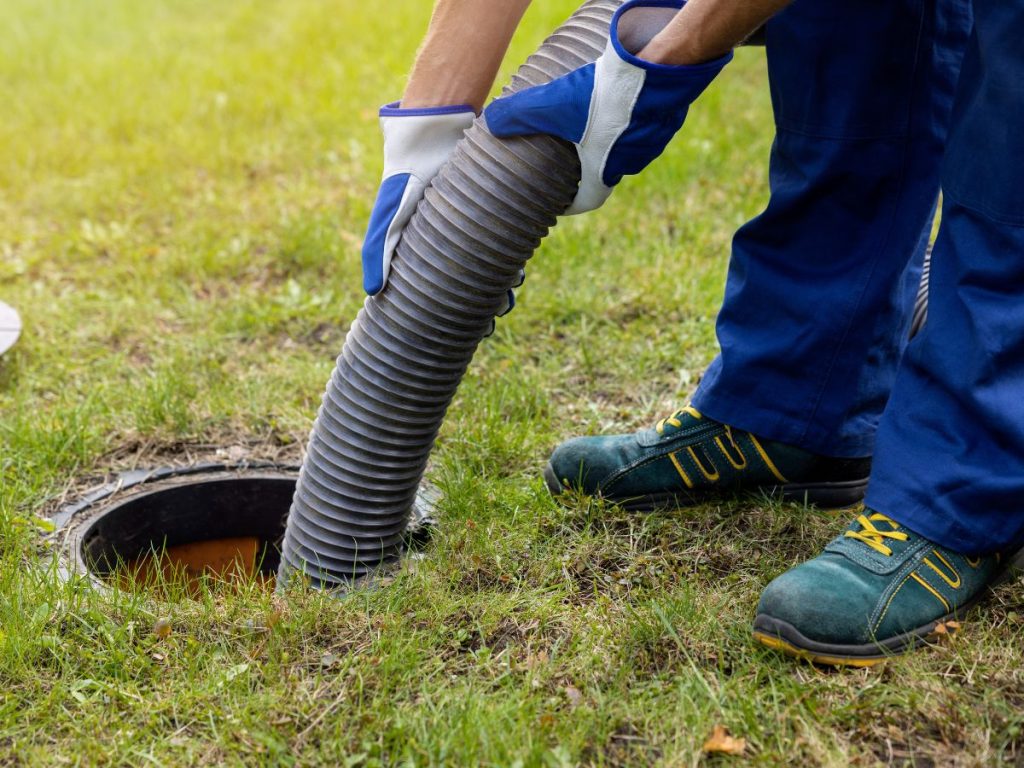Key takeaway
Most Midlothian homeowners think of leaks as a plumbing problem—but hidden pipe leaks can quietly destroy your home’s indoor air quality, drive up energy bills, and even damage your HVAC system. If your allergies are flaring up or there’s a musty smell you can’t track down, your walls or floors could be hiding the problem.
Let’s break down why this matters and what to do now—not later.
What’s So Dangerous About Hidden Pipe Leaks?

Leaks don’t need to be massive to cause real trouble. In fact, the slow, unseen ones are often worse.
That’s because:
- They go undetected for months
- They feed mold, mildew, and bacteria
- They raise humidity levels indoors
- They force your HVAC to work harder
Bottom line: You’re paying for water you didn’t use, cooling air that feels stuffy, and breathing in air that’s possibly harmful.
1. Leaky Pipes Fuel Mold—and Mold Loves Your HVAC System
When water leaks into drywall, subfloors, or insulation, it creates the perfect environment for mold. If that mold is near your HVAC intake or inside your ductwork, you’ve got a recipe for spreading spores throughout your entire home.
In Midlothian, where our summers are humid and homes are sealed up tight for energy savings, it doesn’t take much moisture for mold to thrive.
Signs to look for:
- Musty odor when your AC runs
- Black or green patches near baseboards or vents
- Increased allergy or asthma symptoms
2. Increased Moisture Throws Off Your HVAC Efficiency
Your air conditioner doesn’t just cool—it also pulls moisture out of the air. But if pipe leaks are adding extra humidity into your home, your AC has to work harder and longer to maintain comfort.
What this means for you:
- Higher energy bills
- Uneven cooling
- More wear and tear on your AC system
Even a slow leak under a sink or slab can raise indoor humidity to uncomfortable levels. You’ll feel it before you see it.
3. Wet Materials Become Dust Traps and Odor Spreaders
Leaky pipes soak wood, drywall, and insulation. Once they dry, they break down into dust—and that dust gets pulled into your HVAC system.
You may notice your home smells stale or that filters clog faster than usual.
Over time, this dirty air gets recirculated again and again, lowering your indoor air quality and putting strain on your HVAC filters and coils.
4. Leaks Near Return Vents Circulate Dirty Air Faster
If a pipe leak happens near a return vent (especially in a wall or floor cavity), your HVAC system can actually suck in moisture-laden air, mold spores, or even sewer gas—then spread it through your entire house.
What to check:
- Are return vents near kitchens, bathrooms, or laundry rooms?
- Do those areas feel stuffier or smell worse?
- Are filters getting damp or discolored?
5. Small Leaks Cause Big Repair Bills Over Time
While the leak itself might cost $150–$300 to fix, the long-term damage from ignoring it could easily exceed $5,000. This includes:
- Water-damaged ductwork
- Mold remediation
- Replacing insulation
- HVAC repair or cleaning
- Structural damage to floors or framing
How to Catch Hidden Pipe Leaks Early
You don’t need to rip open walls to know something’s off. Here’s what Midlothian homeowners should do:
- Monitor your water bill: Sudden spikes can point to leaks.
- Install a smart water sensor: These devices detect moisture in real-time.
- Pay attention to smells: Musty = moisture. Don’t ignore it.
- Schedule a leak detection service: A licensed plumber can use thermal imaging or acoustic tools to pinpoint the problem before it spreads.
Final Thoughts: The Fix Isn’t Just Plumbing—It’s Air Quality, Too
A leak might start in a pipe, but it quickly becomes an HVAC and health issue. At Midlothian Mechanical, we’re trained to look at the whole system—not just the pipe or the vent.
If you suspect a hidden leak, we’ll check both your plumbing and your HVAC system to make sure your home stays dry, breathable, and safe.
👉 Protect your home and your lungs.

